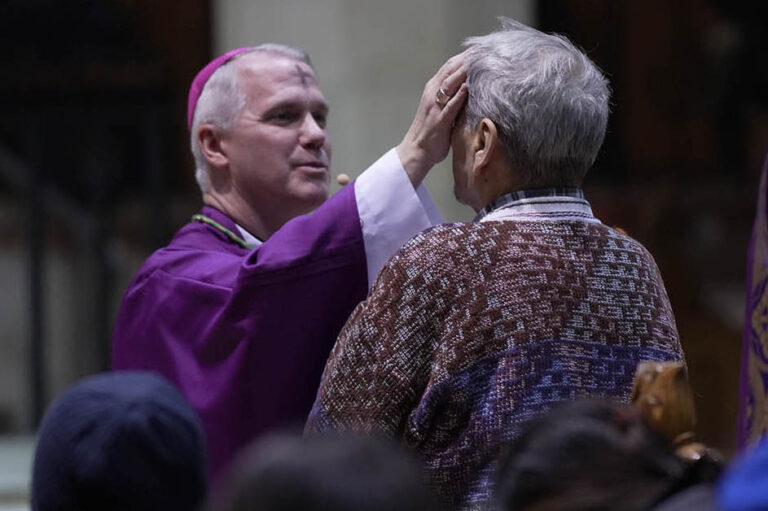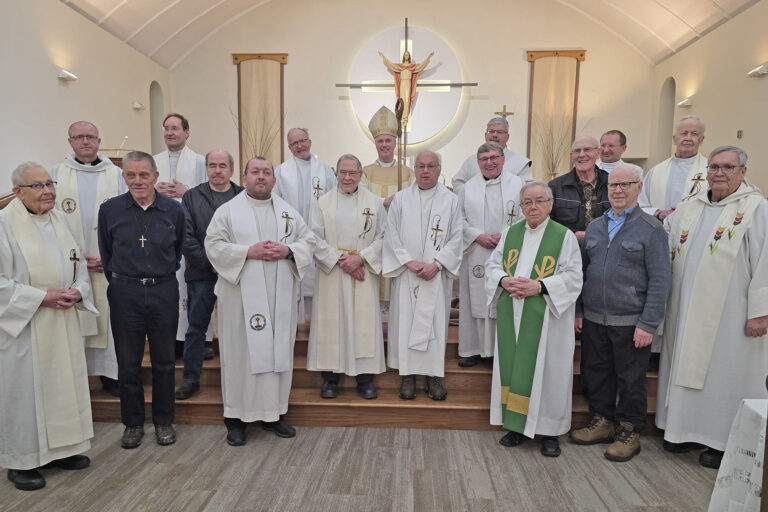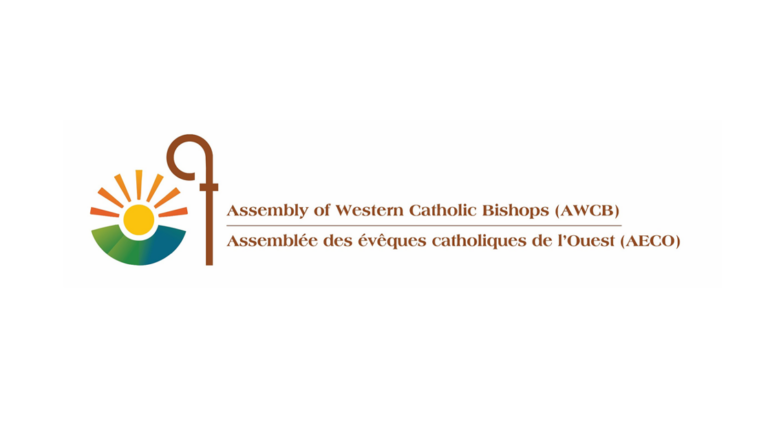“Remember the past with gratitude, to live the present with enthusiasm and to look forward to the future with confidence.”
– St. John Paul II[1]
Only a few days ago, we celebrated Thanksgiving. This holiday is frequently a time when you turn your attention to the things that you are grateful for in your life. Thanksgiving Day has been celebrated in Canada on the second Monday of October since 1957, yet our country has a long and rich history of celebrating Thanksgiving prior to that date with eating feasts and giving thanks for bountiful harvests, catches of game, or surviving the winter.[2] The practice of giving thanks, of being grateful, has many benefits including having more positive emotions and thoughts, better sleep cycles, a stronger immune system, better communication and empathy[3], increased connection to others, and increased confidence[4]. Given these benefits, how can you grow in gratitude and confidence within your marriage and your faith?

One of the pastoral priorities for the Archdiocese of Edmonton is Formation for Confident Witness, focusing our role as “a faith community that is confident in proclaiming the Great Commission to spread the Good News of the Gospel within our respective vocations, professions, and communities.”[5] When writing about being a confident witness, Archbishop Smith explained in his pastoral letter that “There are many ways we can put the Word of God into practice through the act of witnessing to Christ. The most effective is by the way we live our lives. People pay more attention to what we do than to what we say. Yet there are times when we are called upon to speak on the basis of our belief.”[6] This pastoral priority applies to marriage in how you and your spouse may learn to share your faith in your relationship as a couple, and with your family, profession, and community. This may feel like a huge task and each situation and relationship will look differently in how this is accomplished. To help you live this pastoral priority in your life and your marriage, one thing you could do is to start by focusing on what you are grateful for and to live gratitude in your life.
What are some things within your marriage that give you a sense of gratitude?
These don’t have to be big things but can be simple moments in your day. For example, being thankful for the coffee or meal your spouse made for you, the fun date you had together, your spouse washing your vehicle, sincerely complementing you, the time of prayer you had together, or the message or phone call you received from them to see how your day was going. One way to go deeper in your appreciation for these moments is to ask yourself why you are grateful for them. For instance, being thankful for the cup of coffee may be a reminder of how your spouse was being considerate of you and was acknowledging how you were having a hard morning. If you need an idea of how to do this, you can check out the following exercise for instilling appreciation in your relationship. Being grateful for, and sharing your appreciation with, your spouse may help to create additional moments of connection through this communication and empathy for each other.
Part of the process to be formed as a confident witness of the Good News of the Gospel can include acknowledging your thankfulness for your faith. What are some aspects of your faith and the Church that you are grateful for? You can start by reflecting on these insights yourself and then you may choose to share them with the people close to you, such as your spouse. If your reflection also brings up questions or concerns that either you or your spouse have, you can use them as a starting point to seek out answers. As with your marriage, you can grow deeper in your appreciation and knowledge of your faith by asking yourself and seeking answers about why something is important to you, which may assist you in growing in your ability to be a confident witness.
An example of someone who did this in a profound ways was Blessed Carlos Acutis[7], an Italian teenager who was born in 1991, who’s feast day was October 12. Blessed Carlos Acutis died of leukaemia at age 15, yet showed his love for his family, those he connected with, and his faith. He stood up for people who were bullied, defended his faith, and helped support his friends who were struggling, such as including a friend in his family life when his friend’s parents were getting divorced. He also enjoyed computer coding and playing video games. One aspect of his faith that Blessed Carlos loved was the Eucharist. He cherished the Eucharist so much that he created a website documenting Eucharistic miracles. This month, you are able to see an International Exhibition that was designed and created by Blessed Carlos about the Eucharistic Miracles of the World at St. Joseph’s Basilica up to and including Oct. 20. If you have an appreciation for or want to learn more about the Eucharist, this could be a great event to attend. If you can’t attend the exhibition, you could check out Blessed Carlos’ website at www.miracolieucaristici.org.
With the Archdiocese of Edmonton prioritizing how to be a confident witness, may this be a time for you and your spouse to grow in gratitude for each other, your marriage, and your faith to be able to confidently witness to others in your words and lives. May this also be an opportunity to grow in love for your spouse and your faith as you further appreciate who they are and the truths and beauty of your faith.
-Melissa Guzik is a registered psychologist who works in private practice in Edmonton. She is the co-author of the Catholic marriage enrichment book and workbook To Know, Love and Serve: A Path to Marital Fulfilment. Information about Melissa’s private practice can be found at www.melisssaguzik.com




